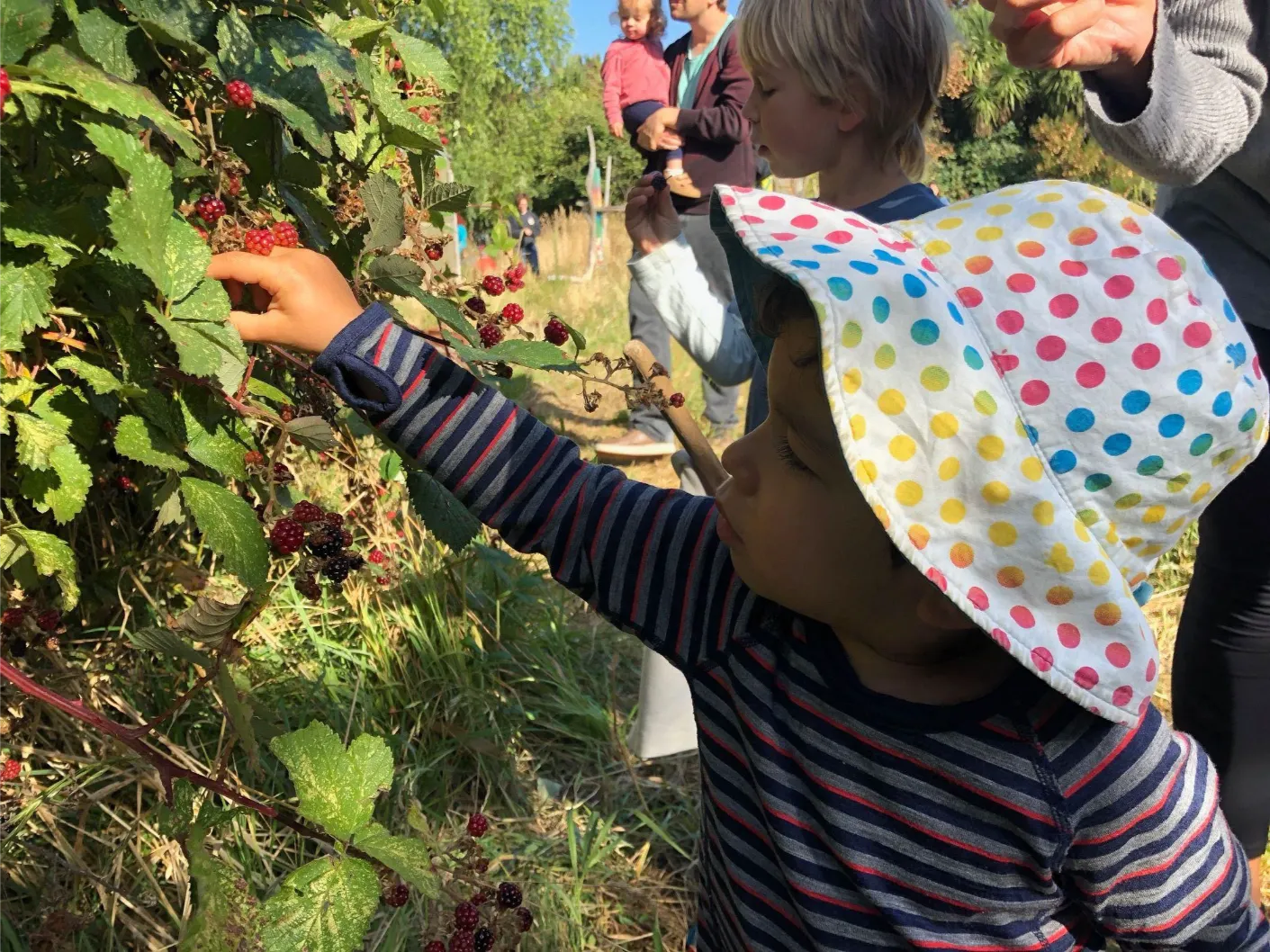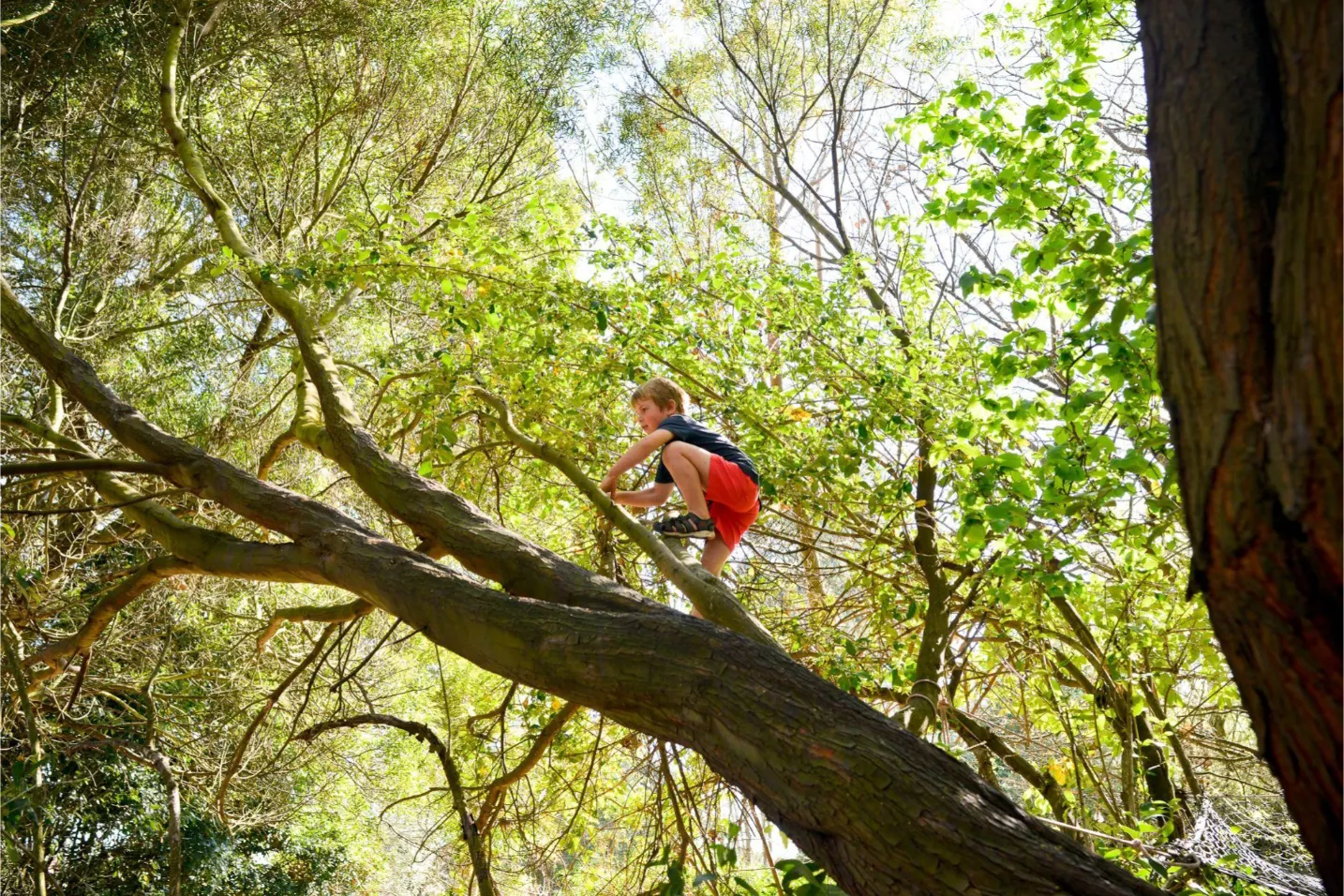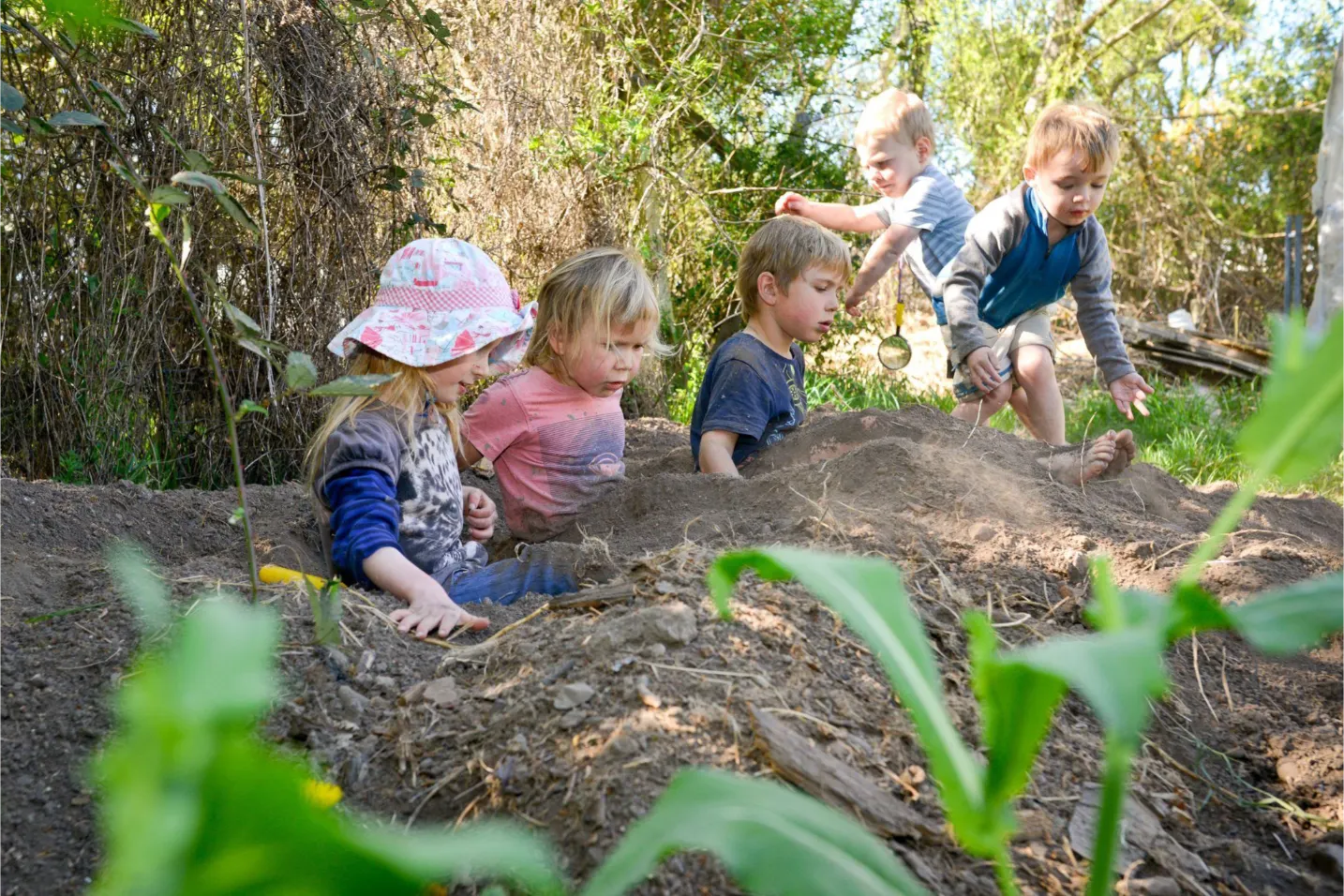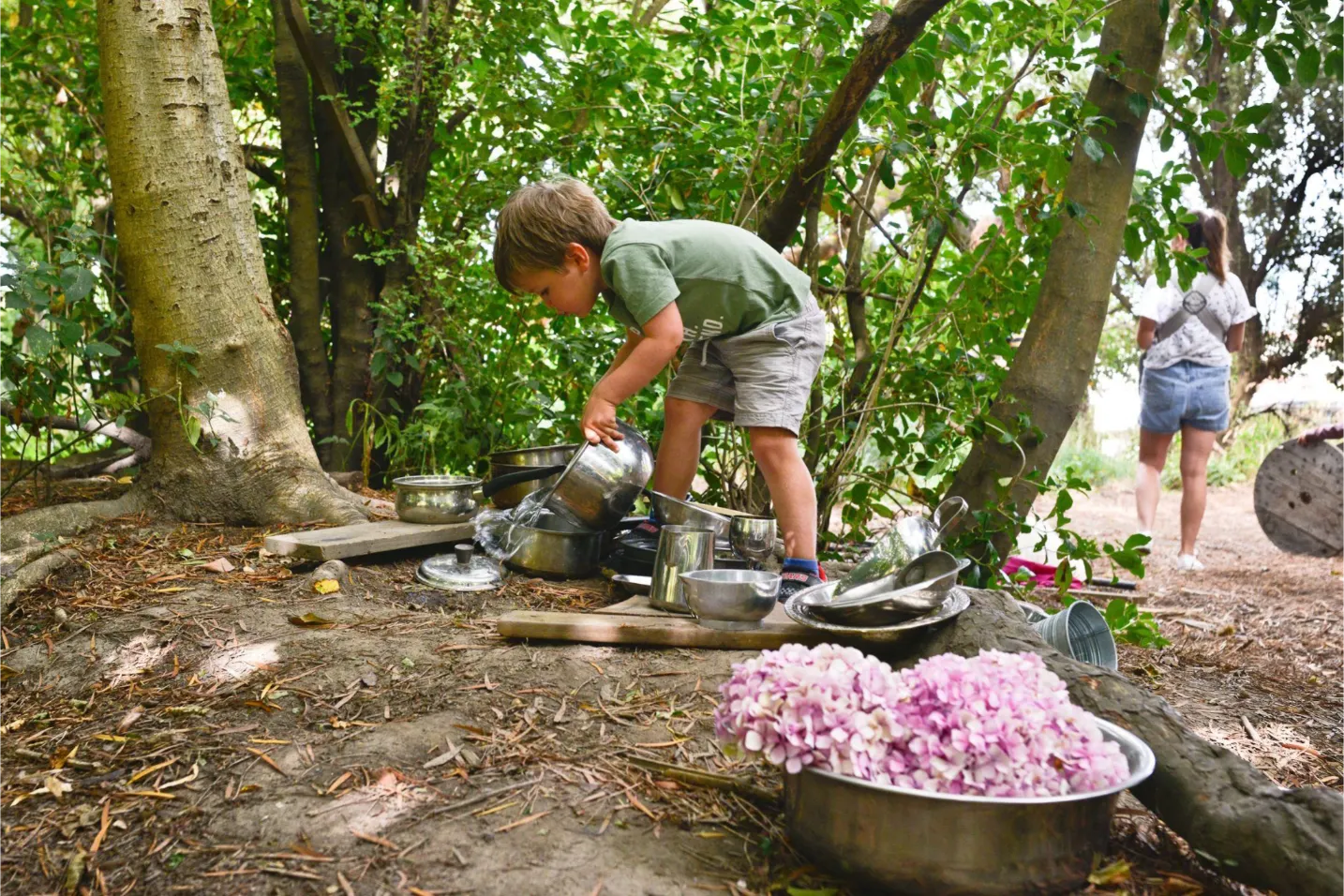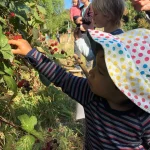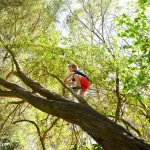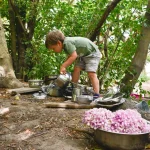Teacher: Celia Hogan
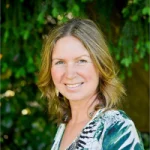
Celia Hogan
Celia is the Founder of Little Kiwis Nature Play and is also a Nature Play Specialist, Consultant, International Speaker and Parenting Coach. She is passionate about child development and nature connection and is a strong advocate for nature play, risky play and improving mental health and well-being through nature. For the past 25 years, she has worked for a variety of outdoor education organisations internationally, setting up, developing and running outdoor programmes, wilderness expeditions, leadership development programmes and establishing risk management and safety systems. She splits her time between professional development training, coaching, running her Bush Kindy and taking her own tamariki on lots of adventures. She is chair of Nature Education Aotearoa, co-chair of Education Outdoors New Zealand and is an advisor for ECE Reform.
Usefull links related to the Solution
Overview
Celia set up and runs a Bush Kindy (playgroup) in Aotearoa, New Zealand. It provides a unique outdoor programme that embraces the beauty of nature all year round, regardless of the weather or season. It provides a holistic approach to early childhood education, where children are viewed as capable and competent learners. Through real-life experiences, facilitators encourage children to lead their play; and explore and play in nature ‘just the way children were designed to do’. The programme incorporates te ao Māori, weaving indigenous knowledge and practices into the learning experience, which helps to foster a deep connection to the land.
Theory of Change
Regular exposure to nature not only nurtures a love for the environment but also instils stewardship values, making children the planet’s future guardians. Play in nature offers opportunities for children to develop a sense of belonging while also building resilience. This coupled with indigenous knowledge; seasonal knowledge; growing, harvesting and eating from the land contributes greatly to a deeper connection to their place and culture.
Approach and Actions
The Kindy runs three sessions per week with 20 children at each session. The children dress for the weather as the sessions are always held outside. If it rains the children make a shelter. If it is cold they light a fire. If the children want to play, they play. If they want to help in the garden, they help in the garden. Children lead their own time. The team provides the environment and natural resources that support children’s natural play urges as well as tools to help with gardening, harvesting and cooking. There is risky play, loose part play, mud play and imaginative play plus much more. Rituals are a part of the seasonal rhythm of Bush Kindy e.g. in spring everyone enjoys the new growth and plays in the long grass; collects fresh flowers; and prepares and sows seeds. In autumn they forage and harvest what has been grown; prepare the soil for a rest and enjoy the colours and textures the season offers. The Kindy also incorporates the sharing of stories, songs and traditions unique to Māori culture to help develop a sense of belonging in the children.
Impact
Some of the biggest impacts that the programme has achieved can be seen in the children’s development; the children in the programme have developed a love for nature through being exposed to nature and child-led play; this exposure has also led the children to develop resilience and problem-solving skills. These skills are essential for the children to become future planet guardians who can effectively and self-confidently navigate life’s obstacles including the climate crisis.
The programme successfully incorporates a te ao Māori worldview, acknowledging and valuing Māori knowledge, and promoting cultural understanding and respect among children.
More broadly the project encourages a shift in early childhood education towards a holistic and nature-based approach. It highlights the importance of outdoor experiences and the inclusion of indigenous knowledge and practices in education. This can have a broader impact on the educational system and society as a whole, promoting a deeper connection to nature and a greater appreciation for cultural diversity.
